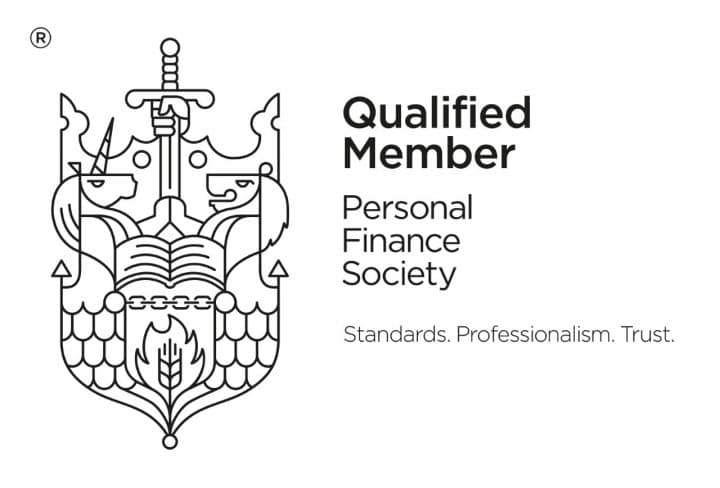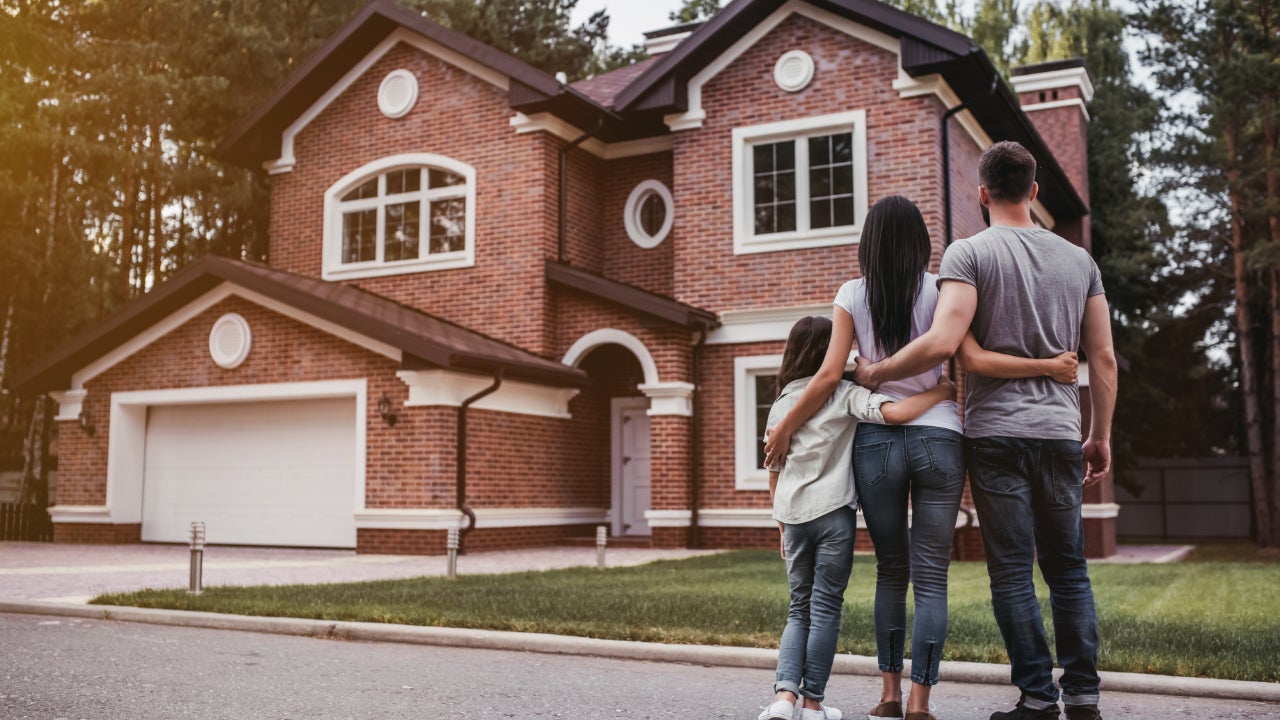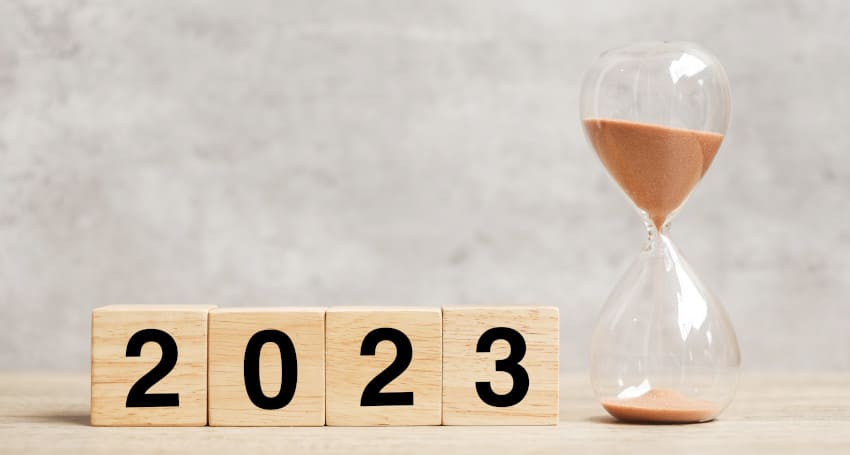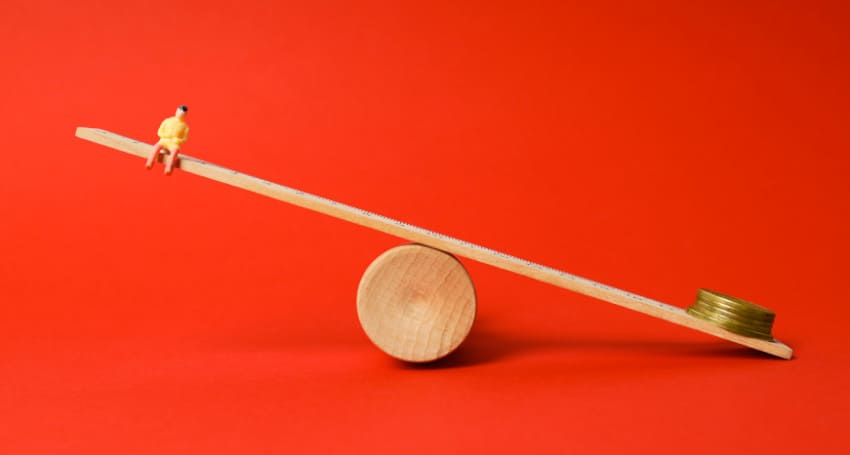We know that being a first-time buyer is difficult and that getting on the property ladder for some feels like an impossible feat. We’ve gathered some key tips to preparing to buy a home:
1. Understand Your Budget:
Before applying for a mortgage, it’s important to know how much you can afford. Evaluate your monthly income and expenses to determine a budget for your mortgage payments. Use online mortgage calculators to estimate monthly payments and determine what fits within your budget.
You should also plan for homeownership expenses. Owning a home comes with ongoing expenses beyond the monthly mortgage payment, such as potentially higher bills or council tax, buildings and contents insurance, maintenance, and repairs. You are now your own landlord and responsible for a lot of new costs. Make sure to budget for these expenses in addition to your mortgage payments to ensure you can afford the property.
2. Assess Affordability and Get a Decision In Principle:
This is different from your budget. Affordability is generally the amount lenders will allow you to borrow, which is based mainly on your pre-tax income – but also includes factors such as expenses and debts. You should speak to a mortgage adviser who can both help you ascertain what this looks like and also help you get pre-approved for a mortgage with a Decision In Principle.
This means they are happy to lend to you in principle based on what you told them, and they will let you know the maximum you can borrow. Remember, it does not lock in a rate or guarantee they will actually give you a mortgage – since it is always subject to underwriting.
3. Research the Market:
Look at property’s on Rightmove to get an idea of what you can get within your budget. It is important to manage your own expectations and see what is realistic. Key things to look at includes:
The value of the property, the size and required rooms, the location and any other features such as parking and ongoing costs (such as ground rent for flats).
4. Gather a Deposit:
This typically needs to be at least 10% of the home’s purchase price, although it can be as low as 5%. A bigger deposit can help you secure a better mortgage rate and reduce your monthly payments. You should also explore incentives and schemes aimed at helping first time buyers which you might be eligible for, such as help to buy. If you are early in your journey and just saving a deposit now, explore potential savings options like the Lifetime ISA.
You should speak to your parents and family to see if there is any help available with the deposit. Whilst family may be willing to gift or lend a deposit, note that the majority of lenders will only accept a gift from family – with a signed declaration from the family member confirming it is a gift. A bigger deposit can solve affordability issues and sometimes mean you can buy a bigger house.
5. Factor in Buying Costs:
In addition to deposits, be aware of the cost to buying a property. These include fees for valuing the property, insurance, solicitor fees and product fees for the mortgage. Make sure to budget for these costs when planning to buy a home. One huge cost can be stamp duty, however currently (as of April 2023) there is no stamp duty to pay for first time buyers on the first £425,000. Note that this relief is not available for purchases of over £625,000, and all parties to the mortgage must be first time buyers.
6. Check Your Credit Score:
Your credit score plays a crucial role in getting approved for a mortgage and determining the interest rate. Request a free copy of your credit report from a credit reporting agency and review it for any errors. If your credit score is low, take steps to improve it before applying for a mortgage.
7. Be Prepared for the Homebuying Process:
Buying a home can be complex and time-consuming. Be prepared for the process, which includes house hunting, making offers, surveys, and negotiations. Be proactive in understanding and completing the necessary steps in the homebuying process.
8. Shop for the Best Mortgage Rate:
Mortgage rates vary among lenders, so it’s important to shop around for the best deal. Get quotes from multiple lenders and compare interest rates, loan terms, and fees. Consider working with a mortgage adviser who can help you find the best mortgage option for your needs and also make sure when you apply for a mortgage – it goes through without any issues.
9. Eliminate your debt
Short term debts like credit cards and loans can cause a big impact on what you can borrow. As the time it takes to both find your perfect home and then complete a sale can be months or sometimes years, the time to start work is now. Look at making overpayments, finding ways of reducing or eliminating interest payments – and where necessary take advice.
Buying a home can be challenging, both with the expected and also unexpected difficulties that arise. Get in touch
Your home or property may be repossessed if you do not keep up repayments on your mortgage.






